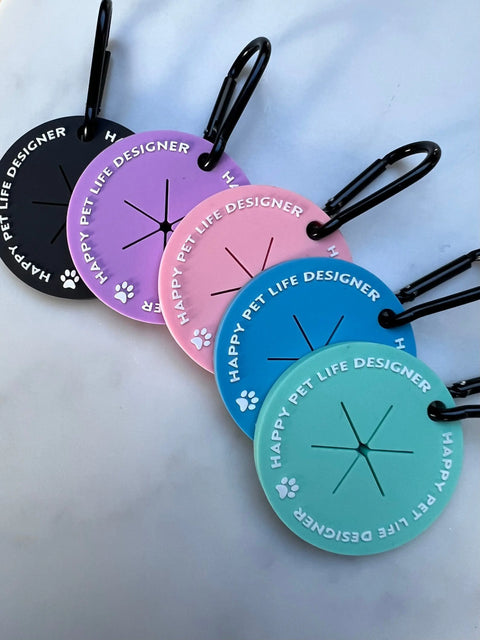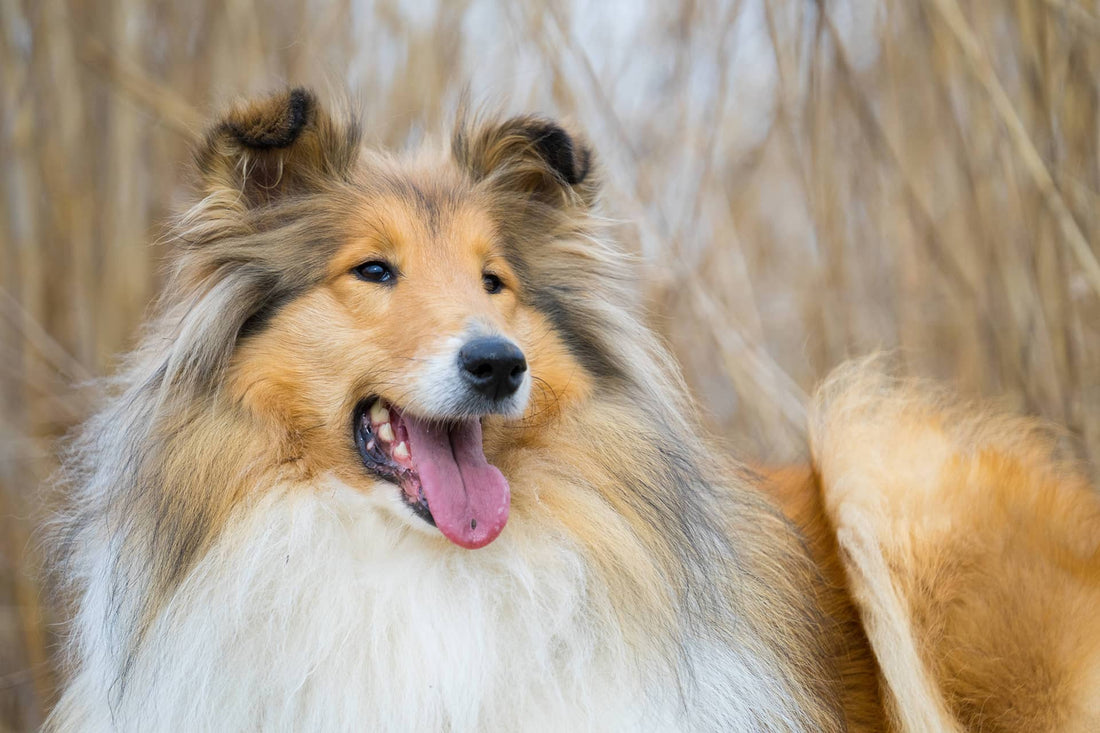Dogs are wonderful companions who bring joy, love, and loyalty to our lives. They communicate with us in many ways, from wagging their tails to barking and panting. While tail wagging and barking may be easy to interpret, panting is a behavior that can be more difficult to understand. In this blog post, we'll take a closer look at why dogs pant.
Panting is a normal behavior for dogs. It's a way for them to regulate their body temperature, particularly when they're hot or exercising. Unlike humans, dogs don't have sweat glands all over their body, so panting is their primary means of cooling down. When a dog pants, the moisture in their mouth and respiratory system evaporates, which helps to cool their body.
Dogs also pant when they're excited or stressed. When a dog is happy or excited, they may pant with their tongue hanging out of their mouth, and their tail wagging. Similarly, when a dog is anxious or stressed, they may pant heavily, with a closed mouth and tense body language.
Another reason dogs pant is to communicate with their humans. Dogs are very intuitive and can sense our moods and emotions. If a dog senses that their owner is upset or anxious, they may pant to show their concern and offer comfort.
In some cases, excessive panting can be a sign of a medical problem. If your dog is panting excessively, even when they're not hot or exercising, it's important to take them to the vet. Excessive panting can be a sign of a respiratory problem, heart disease, or other health issues.
In conclusion, panting is a normal behavior for dogs. It's a way for them to regulate their body temperature, communicate with their humans, and express their emotions. However, if your dog is panting excessively, it's important to have them evaluated by a veterinarian to rule out any underlying medical conditions. As pet owners, it's important to be aware of our dog's behavior and body language so we can better understand their needs and keep them happy and healthy.















